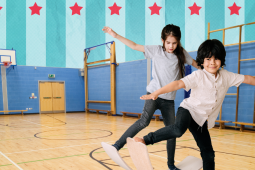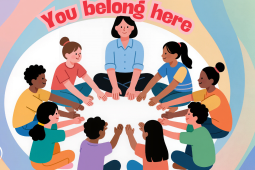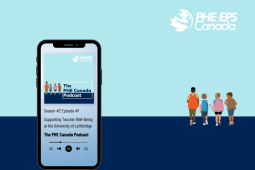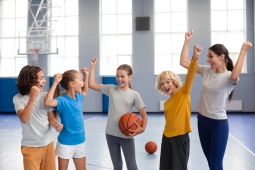Want to Create a Well-Being Week at your School?
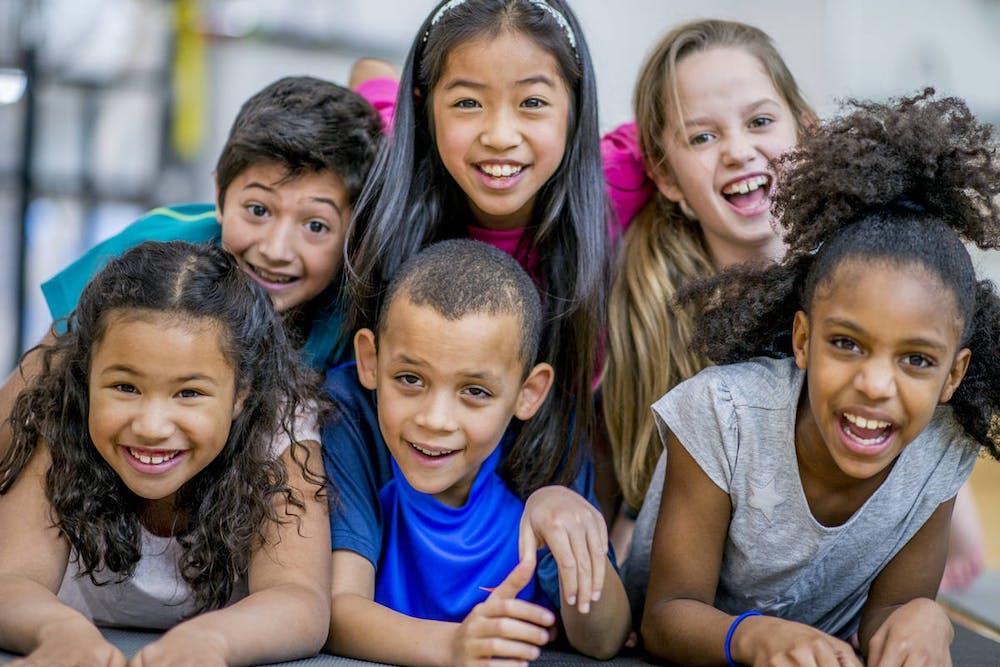
Wellness and well-being are often used interchangeably, but they both focus on a wholistic view and understanding of meeting one’s needs and overall positive quality of life. The physical, mental, social, economical, and environmental aspects of people’s lives all impact one another, making it important to consider all to support positive well-being.
Each year, Fall brings a new school year and new opportunities to renew focus on routines and well-being. If you are someone who wants to support and promote the wellness and well-being of the students, staff and community members at your school to create a healthy school community, below are some of the initiatives that have happened so far this school year:
The Government of Newfoundland & Labrador (NL) is also working to increase understanding of what well-being is and why it matters, specifically through Well-Being Week (September 17-23).
Image taken from: https://wellbeingnl.ca/
The goal of this week was “focused on building awareness and action to influence social factors on health outcomes and quality of life”.
Image taken from: https://wellbeingnl.ca/
To support this goal within the school system, the Department of Education has put together a compilation of activities (in both French and English), resources and events that support and promote the well-being of all people.
To increase the number of wellness-supporting environments, the Government of New Brunswick (NB) created a “Wellness Week” that took place from October 1st to 7th.
Image taken from: https://www.wellnessnb.ca/download-tools/wellness-week/
During this week, they were encouraging individuals and groups of people from all ages to reflect on their own wellness choices and how they can work together to promote wellness-supporting environments:
Image taken from: https://www.wellnessnb.ca/about/rethink-wellness/
Additionally, they have a Wellness Movement that promotes wellness-supporting environments and how they play a role in making healthy choices and having more accessible support for one’s well-being. Wellness-supporting environments are found in all areas of your life because of the people and places you interactive with:
-
At schools; and,
This year was the Canadian Healthy Schools Alliance “National Healthy Schools Week” (October 2 - 6). It was an opportunity to prioritize, plan, and engage your school community in Healthy School conversations at the start of the year.
Image taken from: https://www.healthyschoolsalliance.ca/nhsw
The Canadian Healthy Schools Alliance has wonderful activities that schools can use to implement a “Healthy School Week” at their school which you can find in their planning toolkit. A great first step is to create a “Wellness Committee” at your school to start determining priority areas, how to engage community partners, and then finalize your action plan.
Take Me Outside (TMO) had their TMO Day on October 18th and planned an entire week (October 16 - 20) of activities, speakers, and prizes to “encourage folks to head beyond the four walls of a classroom!”
TMO Day encourages educators to take their learners outside by raising awareness of the benefits of outdoor learning. Each day had a particular theme with “Health & Well-Being” falling on Thursday, October 19th, with PHE Canada as an organizational partner.
Image taken from: https://takemeoutside.ca/tmoday/
Check out their website for the recordings of two spotlight speaker presentations and for “Health and Well-being” activities to do with your class, such as PHE Canada’s Scavenger Hike for K-12.
Connect with us on Social media to share how you are working to support Well-being at your school.
Resources:
-
NL - “Well-Being Week”
-
NB - “Wellness Week”
-
Take Me Outside - https://takemeoutside.ca/tmoday/2023resources/
-
Canadian Healthy Schools Alliance - “National Healthy Schools Week”





